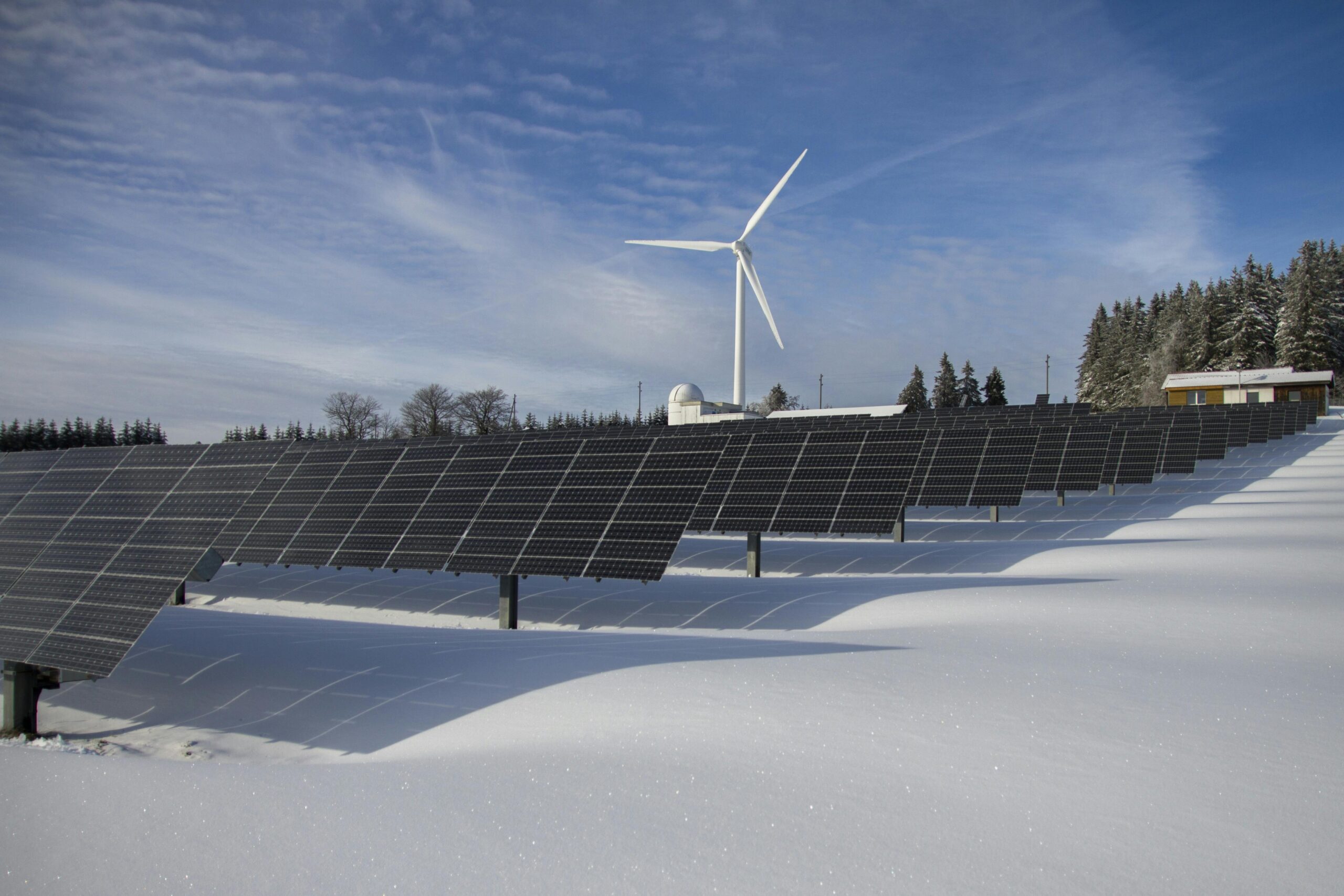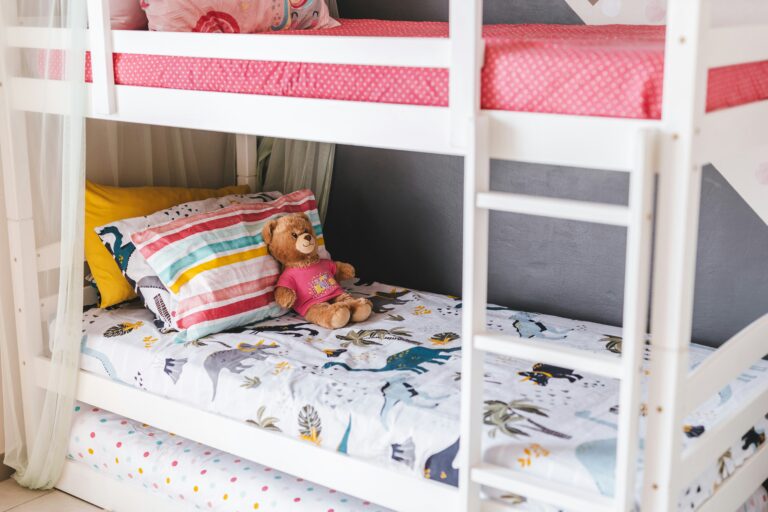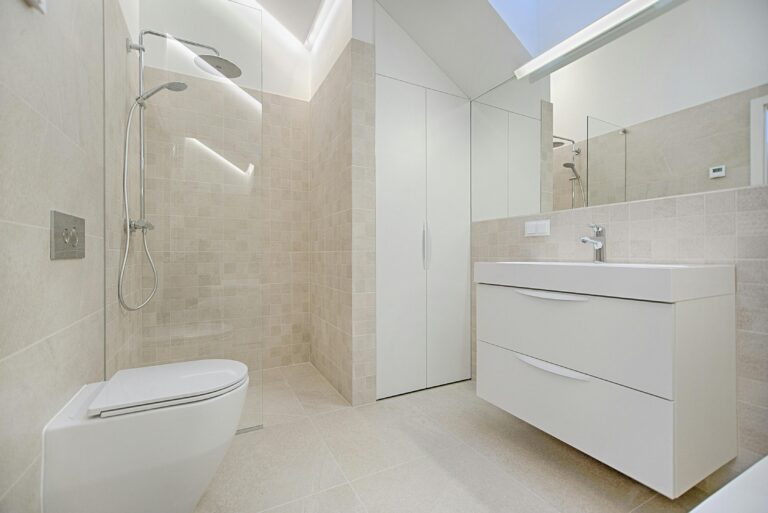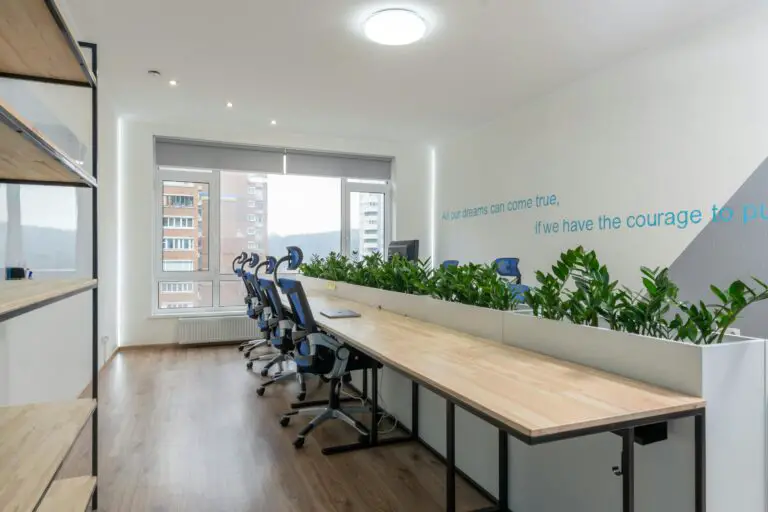In an era of increasing environmental awareness and rising energy costs, many homeowners are turning to renewable energy sources to power their homes.
Solar panels, in particular, have emerged as a popular and sustainable alternative to traditional grid electricity. By harnessing the power of the sun, solar energy offers numerous benefits, both financial and environmental.
In this article, we’ll look into the advantages of using solar panels to power your home. From reducing electricity bills to decreasing dependence on fossil fuels, solar power has the potential to revolutionize the way we generate and consume energy.
1. Financial Benefits
One of the most significant benefits of using solar panels to power your home is the potential for long-term cost savings. While the upfront investment in solar installation may seem daunting, the savings on electricity bills over time can more than offset the initial expense.
With solar panels, you can generate your electricity, reducing or even eliminating your reliance on utility companies and their fluctuating rates.
Additionally, many governments and utility providers offer incentives and rebates to homeowners who invest in solar energy systems. These incentives can help offset the initial cost of installation, making solar power more accessible and affordable for homeowners.
Furthermore, some regions allow homeowners to sell excess solar energy back to the grid through net metering programs, providing an additional source of income.
2. Environmental Benefits
In addition to financial savings, using solar panels to power your home has significant environmental benefits. Unlike traditional electricity generation methods, such as burning fossil fuels, solar energy production produces minimal greenhouse gas emissions.
Furthermore, solar energy is a renewable resource, meaning it will never run out. Unlike finite fossil fuel reserves, the sun provides an inexhaustible source of energy that can be harnessed for generations to come.
3. Energy Independence
Another advantage of using solar panels to power your home is increased energy independence. By generating your electricity onsite, you become less reliant on external energy sources and utility companies. This independence can provide peace of mind, especially during times of energy grid instability or power outages.
Additionally, solar power systems are durable and low-maintenance, requiring minimal upkeep once installed. With proper care and maintenance, solar panels can last for decades, providing a reliable source of clean energy for your home.
4. Increased Property Value
Investing in solar panels can also increase the value of your property. Studies have shown that homes equipped with solar energy systems tend to sell faster and at a higher price than comparable homes without solar installations.
Potential buyers are attracted to the prospect of lower electricity bills and the environmental benefits associated with solar power, making solar-equipped homes more desirable in the real estate market.
Furthermore, solar panels are a long-term investment that can provide ongoing financial returns. Not only do they reduce energy costs for current homeowners, but they also offer potential savings for future owners.
Conclusion
Investing in solar panels is not just a wise financial decision; it’s also a responsible choice for the planet. With advancing technology and increasing accessibility, solar power has become more affordable and practical than ever before. So why wait? Take the first step towards a brighter, cleaner future by harnessing the power of solar energy to power your home.
Frequently Asked Questions (FAQs)
1. How much do solar panels cost, and how long does it take to recoup the investment?
The cost of solar panels varies depending on factors such as system size, location, and installation complexity. However, the average cost of a residential solar system has decreased significantly in recent years, making solar more affordable for homeowners. With the potential for savings on electricity bills and available incentives, many homeowners recoup their investment within 5 to 10 years.
2. Are solar panels suitable for all types of homes and climates?
Solar panels can be installed on most homes, regardless of size or location. However, the effectiveness of solar panels may vary depending on factors such as roof orientation, shading, and local climate conditions. In regions with ample sunlight, solar panels are particularly effective at generating electricity, but even homes in less sunny areas can benefit from solar power.
3. How long do solar panels last, and what maintenance do they require?
Most solar panels come with warranties of 25 years or more, and many can last much longer with proper maintenance. Solar panels are durable and require minimal upkeep, typically only needing occasional cleaning to remove dust and debris. Additionally, regular inspections by a qualified technician can ensure optimal performance and identify any issues early on.
4. Can I still use electricity from the grid if I have solar panels?
Yes, homeowners with solar panels can still use electricity from the grid when needed, especially during times when solar production is insufficient to meet demand, such as at night or on cloudy days. Many solar-equipped homes remain connected to the grid for backup power, while also taking advantage of net metering programs to offset electricity costs.
5. What happens to solar panels at the end of their lifespan?
At the end of their lifespan, solar panels can be recycled to recover valuable materials such as glass, aluminum, and silicon. Recycling programs for solar panels are becoming more prevalent as the industry grows, ensuring that end-of-life panels are disposed of responsibly and sustainably. Additionally, advancements in recycling technology are making it increasingly feasible to reuse materials from old solar panels in the production of new ones, further reducing environmental impact.



